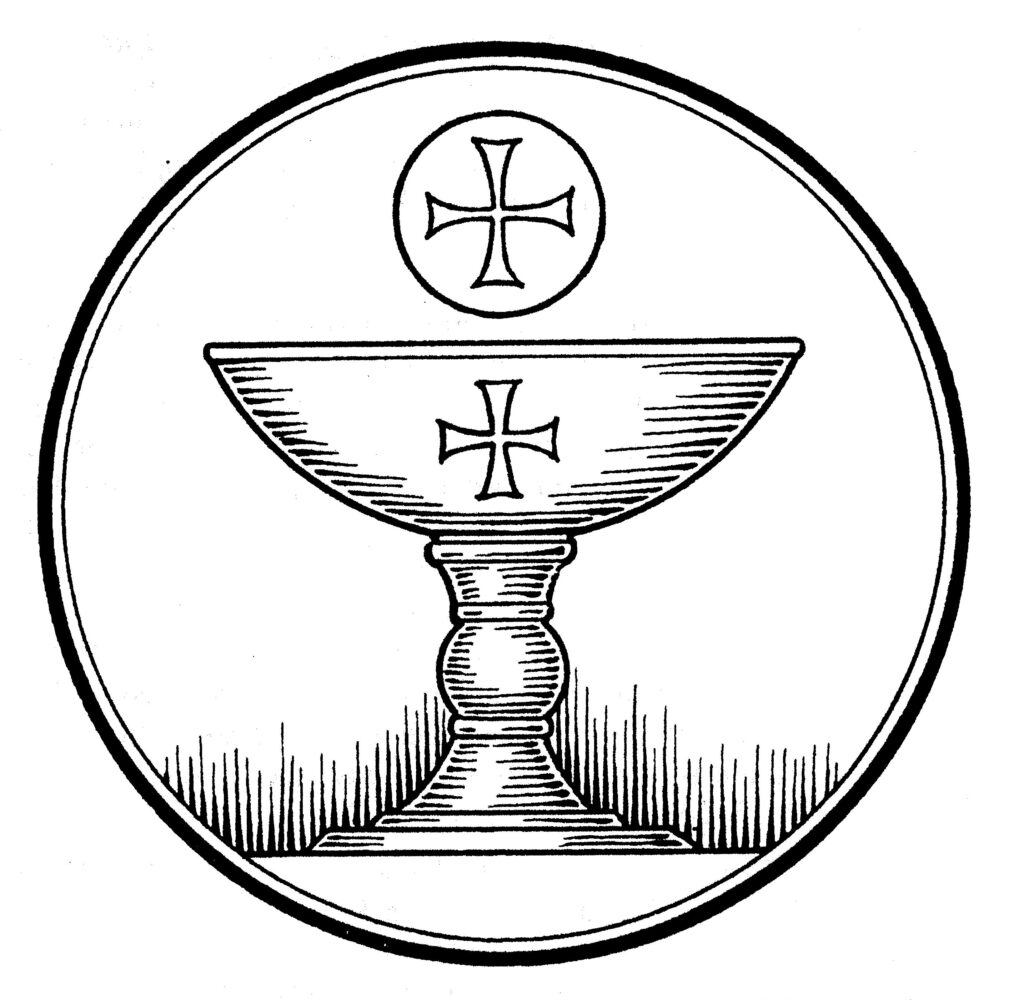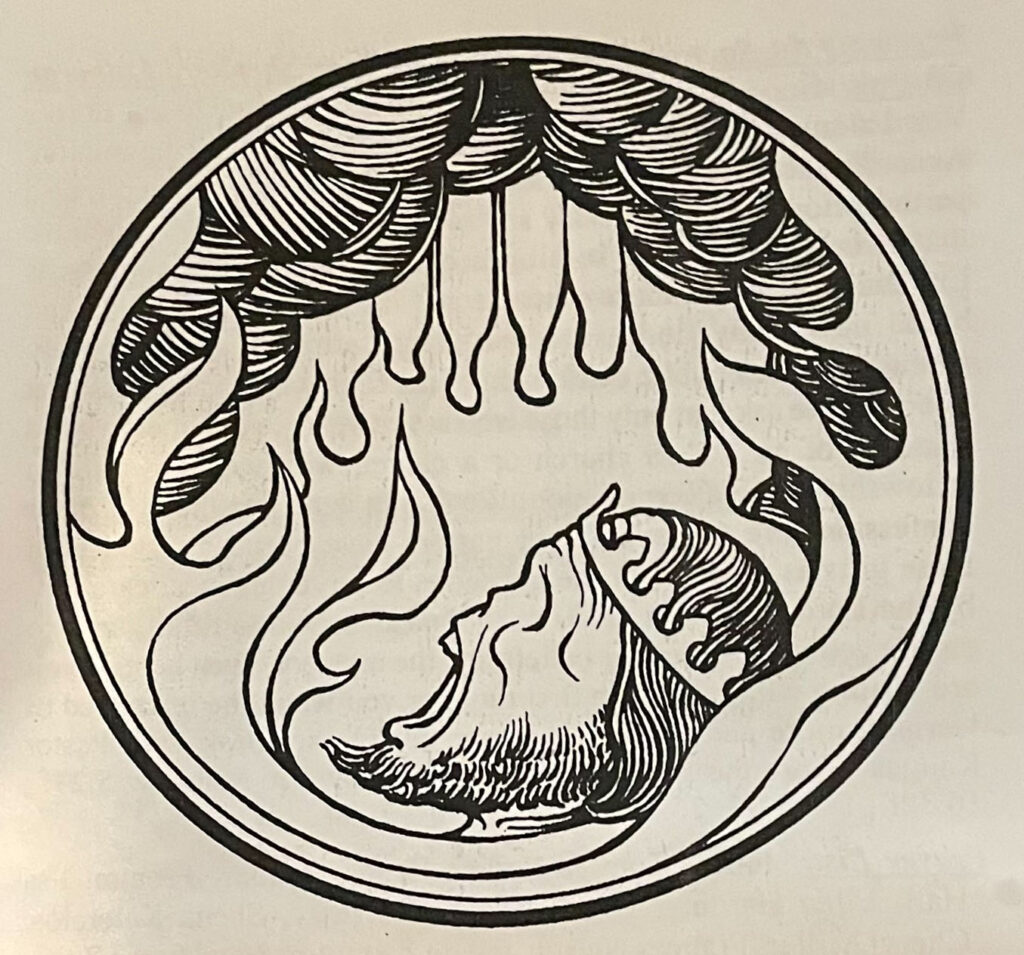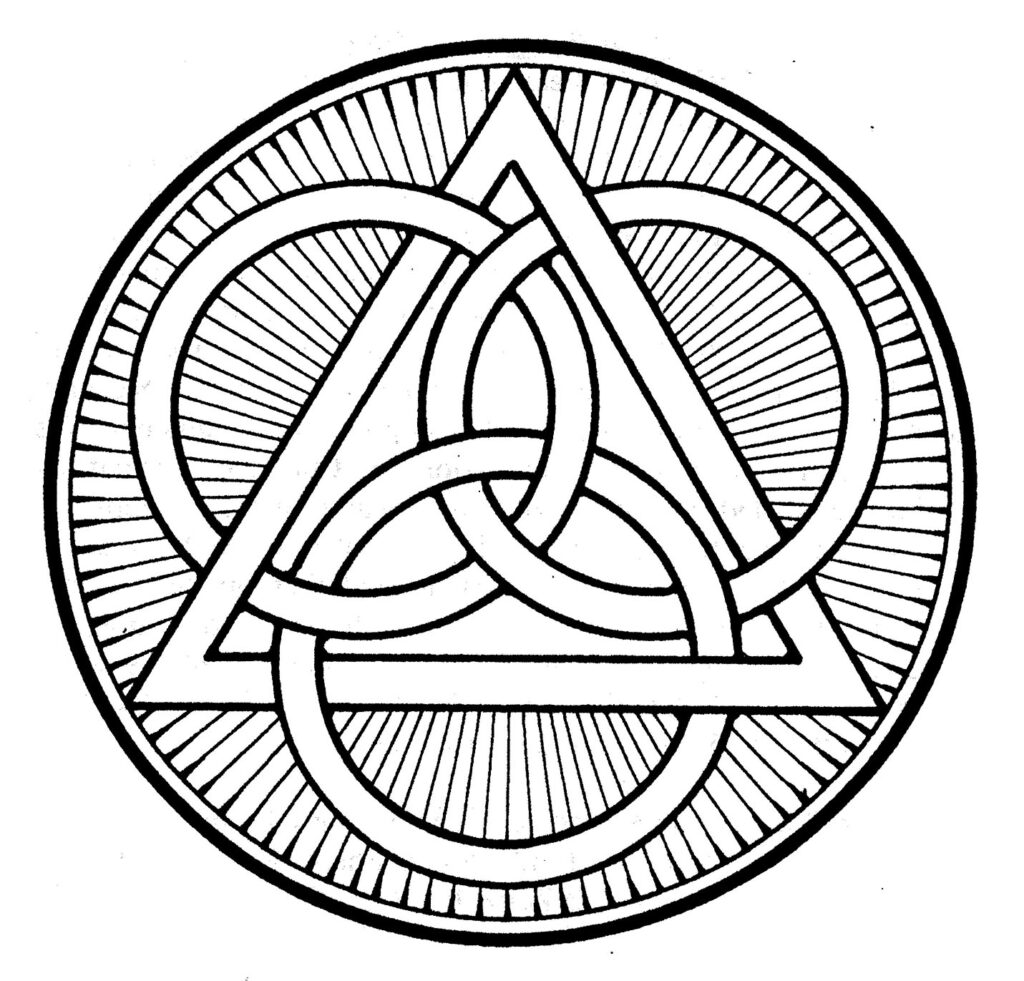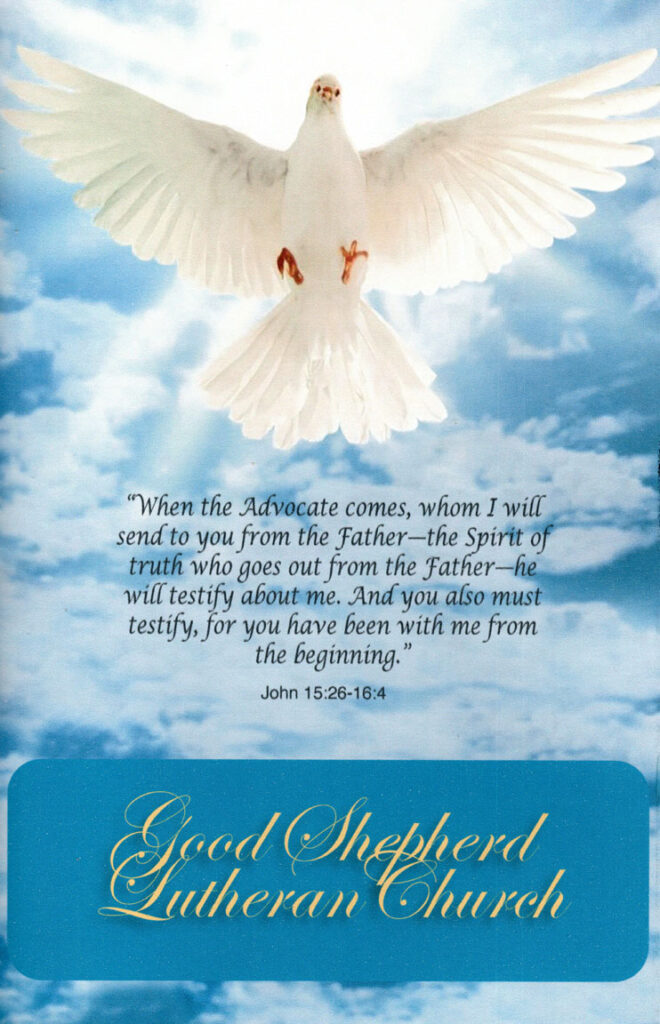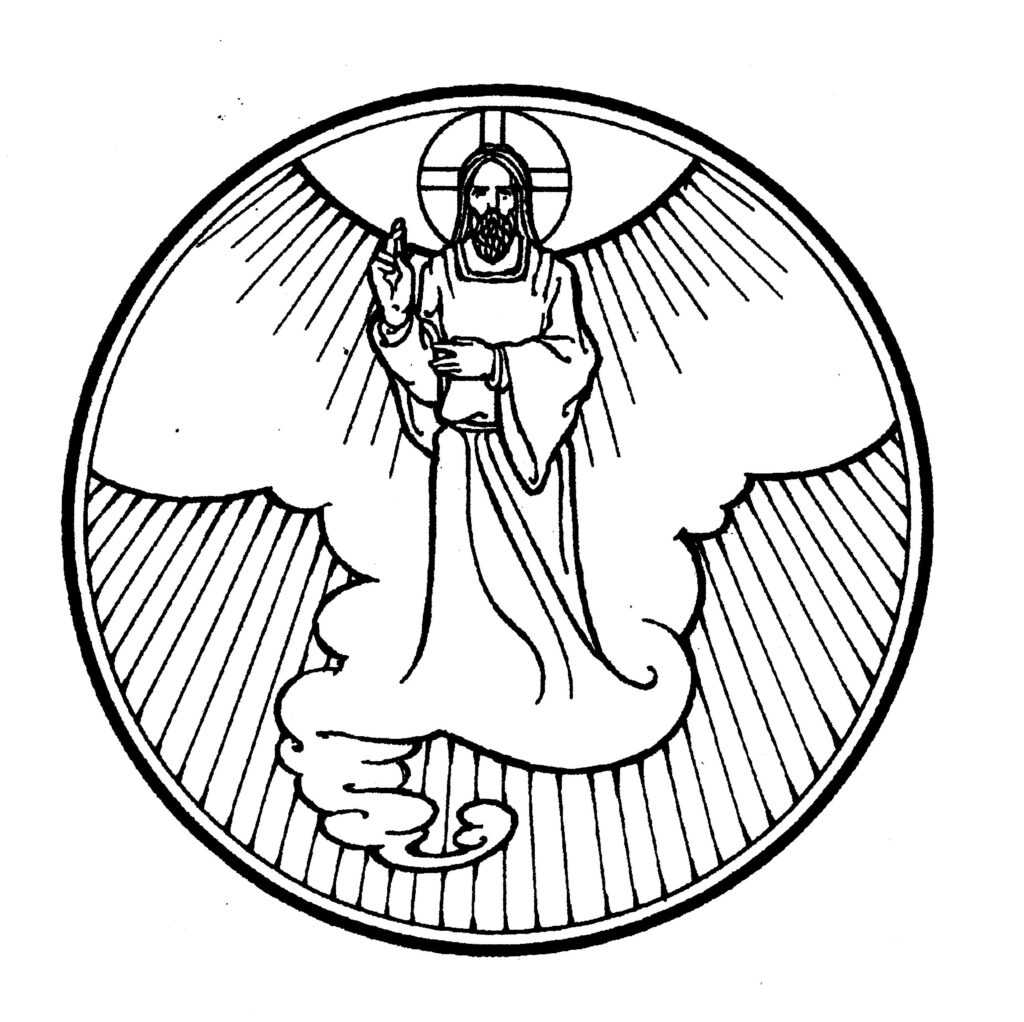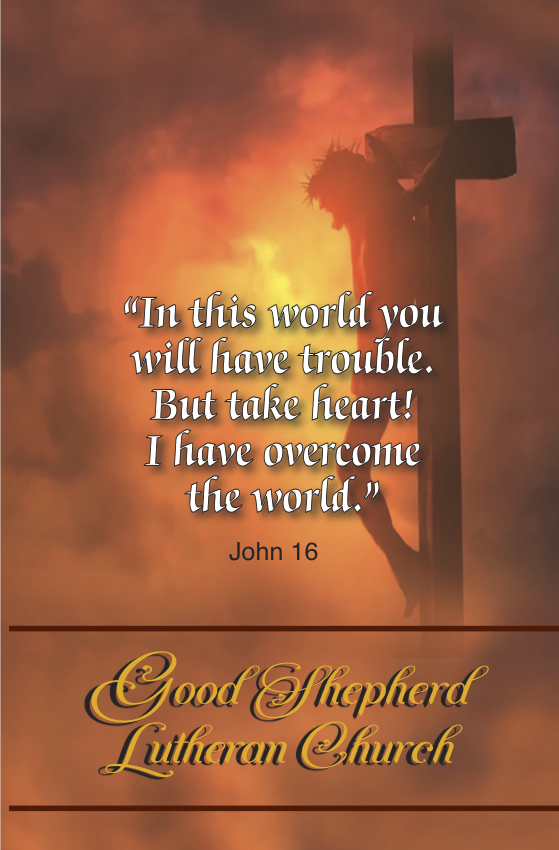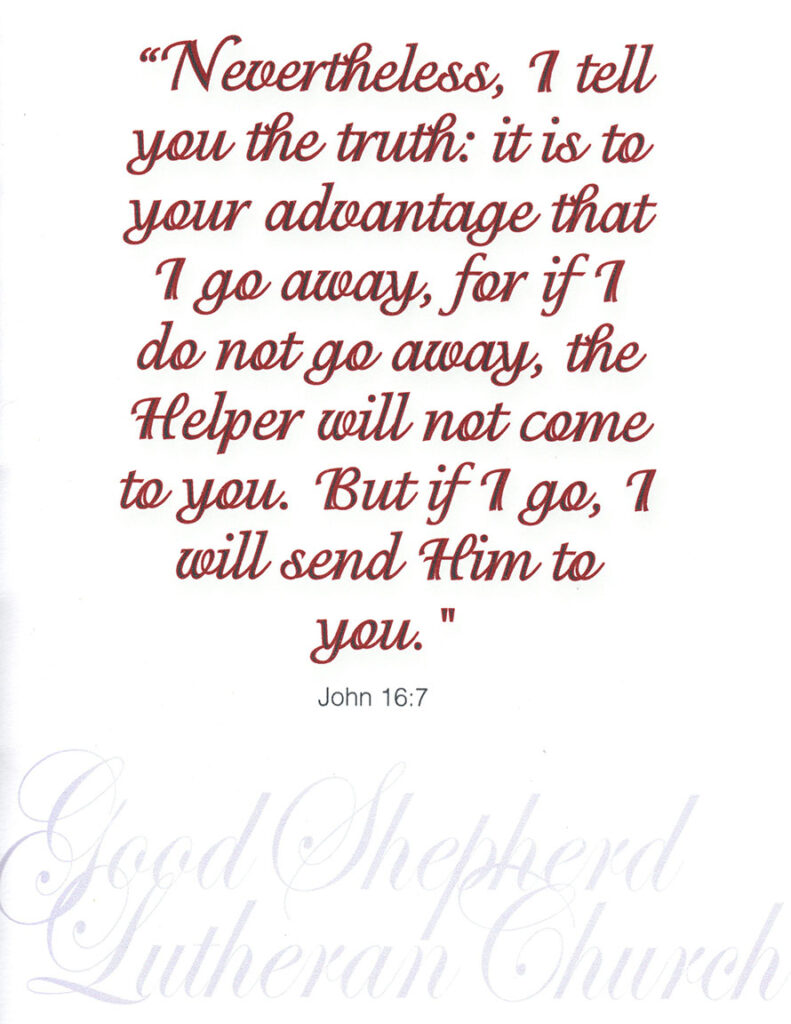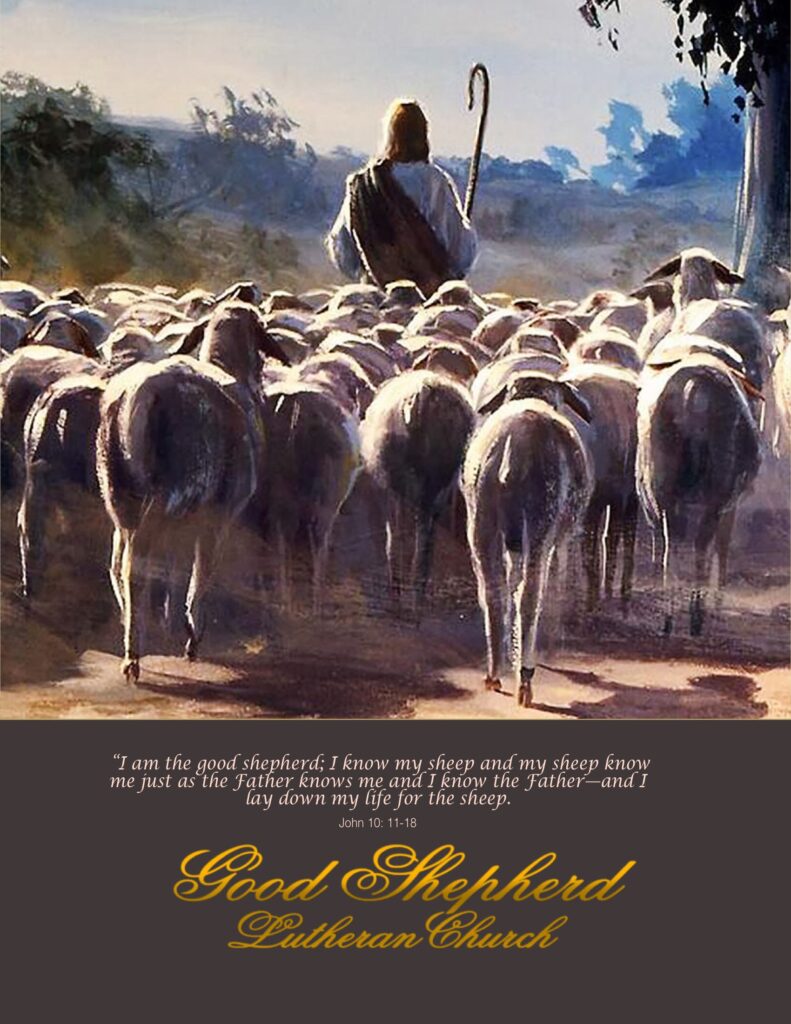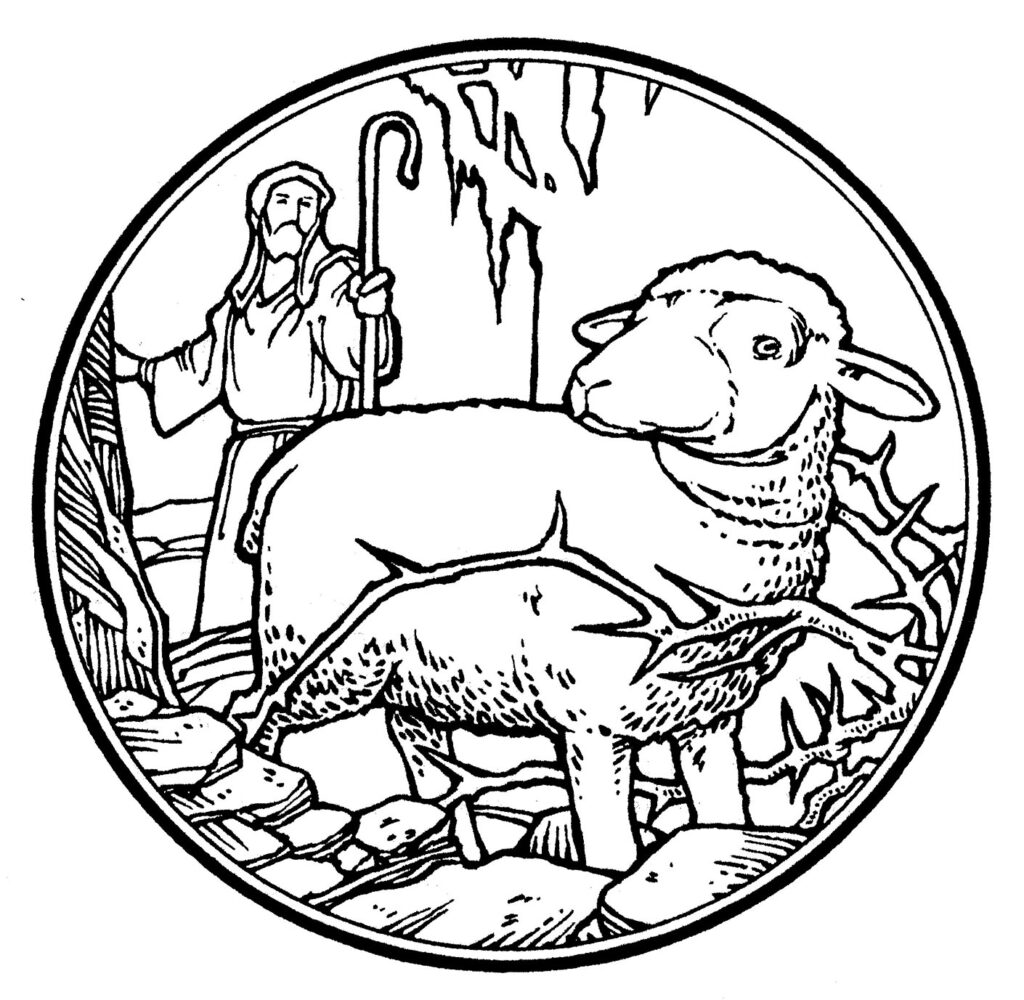
Have you ever lost your wallet or purse? The value of the cash or the credit cards are not diminished just because they are lost or misplaced. Although they are out of sight, they no longer cease to be what they are. However, as you search the house, the apartment or the car, you may begin to wonder what if it is not misplaced? What if it has been stolen? If stolen, then there is the worry about the money lost, but what if it has fallen into the wrong hands? Could our identity be stolen and compromised? The effects and results of identity theft could be felt for years and create numerous problems for us. But this isn’t a commercial for lifelock or some other security company.
No, there is another force that wishes to steal, entice, lead away, and compromise your more important identity in Jesus Christ: the devil, himself. He will use the weakness of our flesh, our curiosity, our laziness, our fear to lead us astray from the one who has redeemed us as His precious possession, even Jesus Christ. And that is so often what we do, we take for granted the shepherd, or the one who keeps our house and heart in order, and we wander or try to escape God’s grasp. Perhaps we are tempted to stop coming to church for a time. Look at how so many have. The souls, minds, and hearts of those led astray are like a wallet or purse left alone on a park bench, ripe for the plucking by the Satanic foe who waits to consume, to destroy, to waste, and bring to condemnation. For those who were brought up in the church, but have ceased coming, not only are they in jeopardy or already consumed, but then also their children are raised without hearing God’s word, without receiving the grace and the gift of God through Jesus Christ in Holy Baptism through which faith is created. Without faith in Jesus Christ, without the understanding that one is lost and condemned in their sin, with no repentance and hope in the gracious redemption of Jesus Christ who was crucified for that very sin, they are left in their sin. It would be as crazy as if an animal that wandered were to reject and bite the hand of its caring master. A wallet or purse that rejects its owner. That is how odd it is for people to reject the grace of God, to take His care for granted, and yet they do. You and I do too. When we sin without thinking about it, without repenting, going after the things and the ways of this world, well is there hope for us?
Well if you had lost your wallet or purse and you had just about given up hope, but then someone recovers it for you, wouldn’t you rejoice? That means wouldn’t you have your joy restored; to be joyful again. Of course, you would. You would be relieved because you would no longer have to be afraid for yourself and what is yours.
With the parables Jesus spoke in today’s Gospel, He was explaining what God does. He seeks and saves. But unlike us humans who search for our lost coin because it means we are unable to use the coin or wallet or purse or are worried what will happen to us if it rolls into the wrong hands, God is concerned with the coin and the sheep for its own good, for its own value. For the sake of mercy, He worries that it will be misused, abused, and consumed.
Therefore, He searches, and pursues in order to restore that coin to the rest, to restore that sheep with the others. Notice that the coin and the sheep, though lost do not cease to be a sheep or a coin. The sheep is a sheep at risk of destruction, of being consumed by a wild beast. The coin, a coin at risk of its value being wasted, unused, and unspent.
So, in this way, these parables along with the prodigal son, are not about going out and evangelizing those who have never heard God’s Word, that is covered elsewhere. No, the parables here are speaking about those who have been redeemed, who were baptized, who were of the flock and the collection of coins, but for whatever reason fell away, wandered away, fled away, or just flat out rebelled against God, and left the church.
We should think of all of the inactive members of this congregation or in congregations that we know. They are at risk of being lost, their value unto the Lord being wasted, consumed by the world, their identity stolen by the pleasures and weakness of their flesh, to fall into the hands of the devil. We should pray for them, and witness to them of God’s love. Remind them that they need the protection, the feeding, the sheltering love of God who promises to value, and keep for the day of salvation His flock, His coins, His children: to bring them to Himself for eternity.
Dear Christian brothers and sisters, we too are at risk, when we depend upon our works for salvation, we are at risk, if we think we need only come to church whether it be every Sunday or only at Christmas, we are at risk. Why? Because salvation does not come from our own merits. We have fallen short of the Law. By sinning we have rejected our redeemer, and we should also be left alone in our vulnerability, in the sin and rebellion that we have chosen.
Though we were and have been lost, our value to God has not diminished. That is why God has sent His Son Jesus Christ to seek and to redeem that which was lost. By His death and resurrection, Jesus reveals the great and never ending love of God by taking our sin to the cross and dying in our place so that the sheep would not have to be lost, so that the light of God’s Word could be lit, so that our sin could be swept away. So that by God’s Word and His baptismal waters we could be washed in His sacrifice and renewed, cleaned, and restored to God here in the assembly of believers forgiven of our sins. Because God values us more than sheep or coins, but as sons and daughters for the sake Jesus Christ and by His merits we are saved.
Brothers and sisters, this promise is for you. As you have been found by the Lord, as you are restored through Jesus Christ to the household of faith to believe and hold firm to the promise of Jesus Christ crucified and raised. You are forgiven, and as you are fed and abide in His Word and grace, you are no longer vulnerable. Your strength is in His strength which is mightier than the devil, the world, or even your own flesh. Do not fight the Lord as He bears you in His arms, in the grace He gives, rather receive. Do not run or wander away. Then the joy which the Lord first worked in you by His Spirit by His Washing and His Word may fill you. Rejoice in God’s love. Rejoice with your family of believers, fellow sons and daughters of God. Call your friends and neighbors and rejoice when you repent, rejoice when they repent, and rejoice as we are built upon the strong foundation and rock of Jesus Christ.
Today we remember and observe the 493th anniversary of the presentation of the Augsburg Confession, when Christian lay men laid out before the Roman catholic authorities, the truth of God’s Word and the confession of Jesus Christ as it is proclaimed therein. They were given the courage to do so, though there was a threat that all earthly power and treasure could be removed and war begun, yet they confessed boldly, bravely, and completely the Law and Gospel of Jesus Christ. They did this because they knew how precious was and is the grace of God and His love and rejoiced for the opportunity to bear witness in confession. Let us do the same. Rejoicing to confess, rejoicing to receive forgiveness and life from our loving Savior Shepherd. And know that as you rejoice and delight in the good and the truth of God in Jesus Christ this day, all of heaven, the angels, archangels, and all the church triumphant, rejoices with us in the victory banquet of Jesus Christ our loving Savior.
Amen.
Pr. Aaron Kangas
